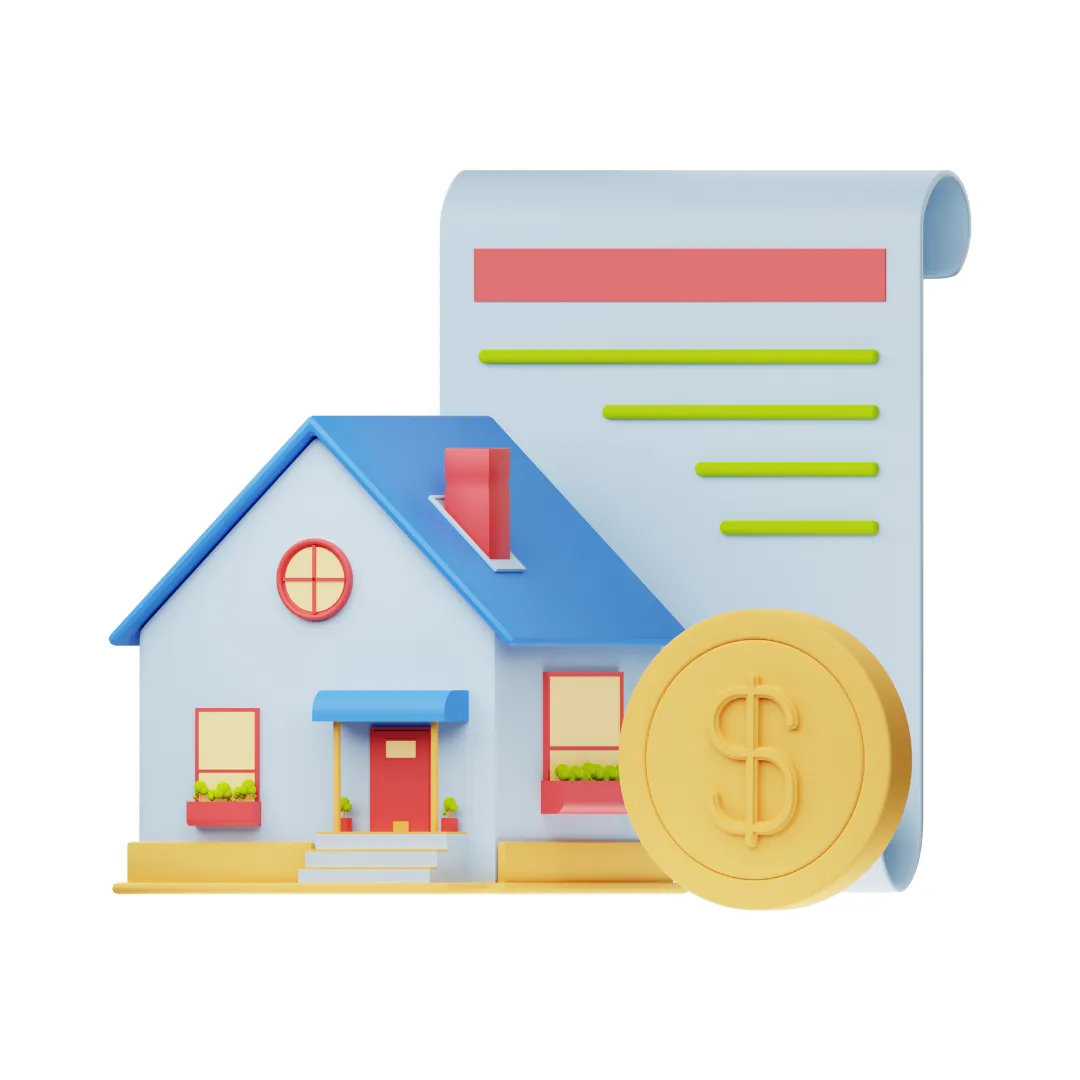How Much Is Your Home Worth?

How to Plan for Rising Property Taxes in Vail Arizona
How to Plan for Rising Property Taxes in Vail, Arizona
Vail, Arizona, is a rapidly growing community located just southeast of Tucson, known for its wide-open spaces, excellent schools, and a peaceful, rural atmosphere. With its expanding population and increasing demand for homes, many homeowners and prospective buyers in Vail are seeing their property taxes rise. While this is a common occurrence in areas with growing populations, it’s important to be proactive in managing and planning for these increases.
Here’s a comprehensive guide to help you navigate rising property taxes in Vail, Arizona, and plan accordingly for the future.
1. Understanding Property Taxes in Vail
Property taxes in Vail, like the rest of Pima County, are determined by the Pima County Assessor’s Office. Your property taxes are calculated based on the assessed value of your property, which includes the value of the land as well as any improvements or structures you may have built, such as your home, pool, or outbuildings.
In Vail, the property tax rate typically ranges between 0.7% and 1.2% of the assessed value of your property. However, this rate can fluctuate depending on factors such as changes in local government budgets, funding for public services, and other local initiatives.
Since Vail is part of Pima County, property taxes are set by both county-wide entities and local bodies, such as the Vail School District and other regional government bodies. Local projects and budgetary needs often impact tax rates, so it’s important to stay informed about local government decisions.
2. Why Property Taxes May Rise in Vail
Several factors can contribute to rising property taxes in Vail, and being aware of these can help you anticipate future increases:
Increased Property Values: As Vail grows in popularity and development, property values are likely to rise. Higher property values result in higher assessed values, which can lead to increased property taxes.
Local Government Budget Needs: Like other communities, Vail may see tax increases if the local government or school district requires additional funding for new infrastructure projects, public services, or other community needs.
Expansion of Public Services: If the area experiences an increase in population, the need for public services like schools, emergency services, and infrastructure improvements can lead to increased taxes to fund those services.
Staying informed about local budget discussions and future development projects in Vail can help you plan for potential tax increases.
3. Appealing Your Property’s Valuation
If you believe that your property’s assessed value is higher than its actual market value, you have the right to appeal your property tax assessment through the Pima County Assessor’s Office. If successful, an appeal can result in a lower assessed value, which could lower your property taxes.
To appeal your property’s assessment, you will need to present evidence that supports your case. This could include an independent appraisal, recent sales data of similar homes in the area, or other proof that your property has been overvalued.
If you are unsure about how to navigate the appeal process, working with an experienced realtor like Ryan Comstock can provide guidance and help you gather the necessary information to support your case.
4. Plan for Potential Tax Increases in Your Budget
While you can’t always control how much property taxes will increase, it’s important to plan for these increases in your personal budget. A good strategy is to set aside an extra 2-5% of your current property tax amount each year in anticipation of future increases. This will help ensure that you are prepared for any tax hikes and that they won’t come as a financial surprise.
For prospective homebuyers in Vail, it’s essential to factor property taxes into your overall homeownership budget. Be sure to consider both your mortgage payments and property taxes as part of your monthly costs, so you can have a clear picture of what your long-term financial obligations will be.
5. Explore Property Tax Relief Programs
Arizona offers several property tax relief programs, particularly for senior citizens, veterans, and disabled homeowners. These programs can help reduce your tax burden if you meet the eligibility requirements.
For example, seniors aged 65 or older, veterans, and individuals with disabilities may be eligible for property tax exemptions or deferrals. The Arizona Department of Revenue administers these programs, and if you qualify, you could see a reduction in your property taxes or a deferral of payments until a later date.
Be sure to check with the Arizona Department of Revenue or a tax professional to see if you qualify for any of these programs.
6. Work with a Local Realtor Like Ryan Comstock
Managing rising property taxes can be complex, especially in a growing area like Vail, where property values are increasing. Working with a knowledgeable realtor like Ryan Comstock can help you navigate these changes and ensure that you’re making informed decisions about your property.
Ryan is familiar with the local real estate market in Vail and can help you understand how property taxes may affect your potential investment. Whether you’re buying or selling, Ryan can provide you with valuable insights on property values, local tax rates, and trends in the Vail real estate market.
If you have questions or need help understanding the potential tax implications of your real estate decisions, feel free to contact Ryan Comstock at (520) 261-4669 or via email at [email protected] for expert guidance.
7. Stay Informed About Real Estate and Community Trends in Vail
As Vail continues to grow, both the real estate market and local taxes may see significant changes. Keeping an eye on local development, property values, and public infrastructure projects can give you a sense of what the future holds in terms of both property taxes and property values.
For instance, new schools, parks, or improvements to transportation can increase the value of homes in the area, but they may also lead to tax increases to fund those services. Understanding these trends allows you to make better long-term financial decisions and ensures that you’re prepared for any changes.
Conclusion
Rising property taxes in Vail, Arizona, are a reality that homeowners and prospective buyers need to plan for. By understanding how taxes are assessed, staying informed about local government decisions, appealing unfair assessments, and budgeting for potential increases, you can manage property taxes with confidence.
If you’re buying or selling a home in Vail, consulting with an experienced local realtor like Ryan Comstock will help you navigate both the real estate market and the impact of property taxes on your investment. Ryan can provide you with the insights and strategies you need to make informed decisions about your home.
For personalized advice and expert guidance, reach out to Ryan Comstock at (520) 261-4669 or [email protected].






